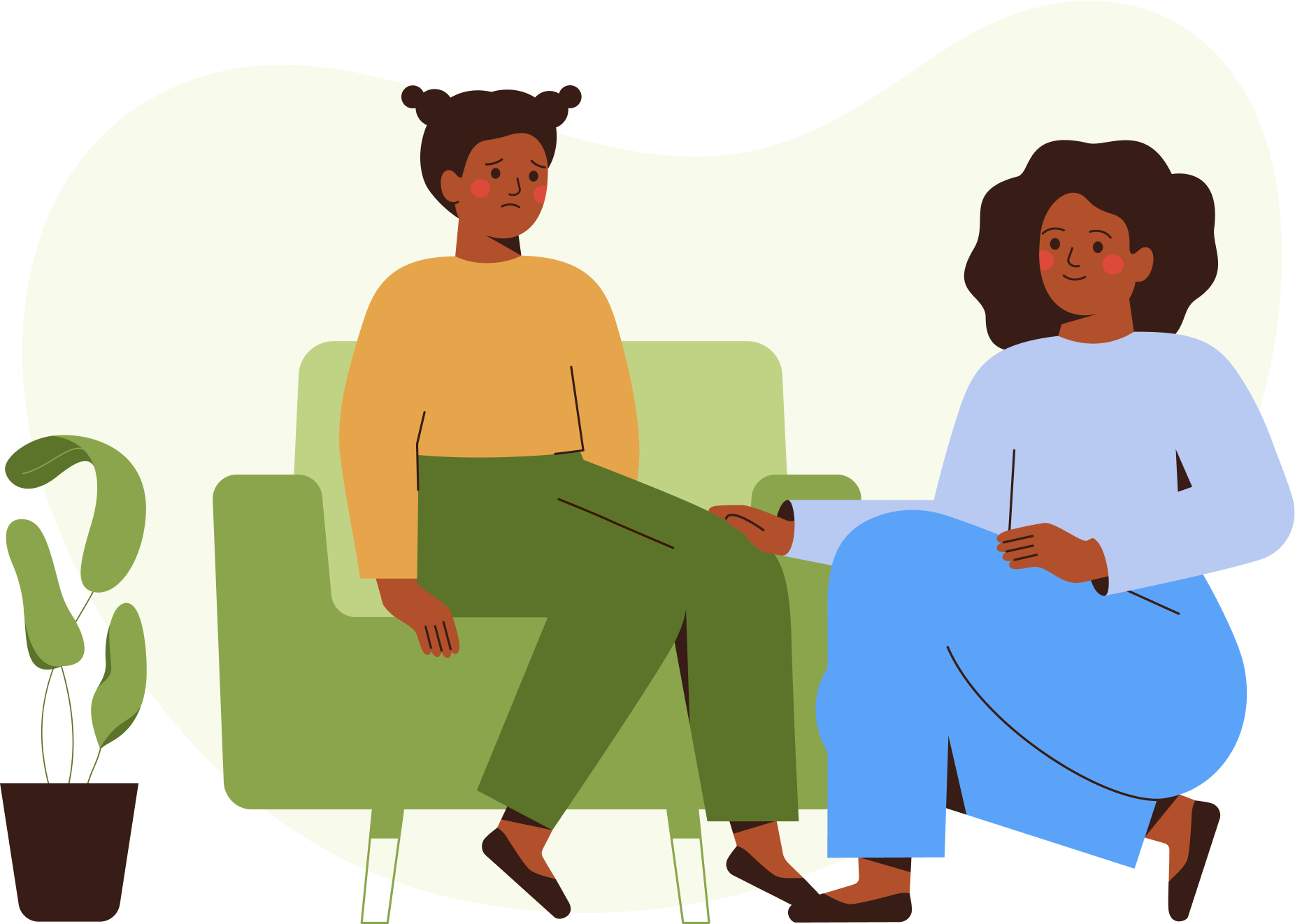Dual Diagnosis Treatment

Our Programs & Activities Will Guide Your Teen Through Rehab

Exceptional, Accessible Care For Teens And Their Families.
Anxiety and depression are common symptoms of drug withdrawal from an addiction. However, they could also occur as mental health conditions alongside addiction. In this case, experts refer to them as co-occurring disorders. To truly support recovery, people with co-occurring conditions need access to dual diagnosis treatment. Teens benefit from this treatment approach as well. Contact Destinations for Teens to learn more about our dual diagnosis treatment programs for addiction and mental health concerns.

The Development of Co-Occurring Disorders
The brain is complex, so it’s no surprise that addiction and mental health illnesses can occur together. Their concurrent development is so common that about half of people with addiction have a coexisting mental disorder.
In some cases, drinking alcohol or taking drugs opens the brain to other mental illnesses. The reason is that these substances change how the brain works by altering its chemical balance. As a result, the brain communicates with cells differently than normal. Over time, the brain adapts, increasing the risk of addiction and developing other mental issues.
Other times, people have mental disorders and don’t seek treatment for the symptoms. Instead, they self-medicate with alcohol or drugs. Again, the brain adapts to the changes that occur and can develop addiction over time.
The Meaning of Dual Diagnosis Treatment
The presence of addiction amplifies the symptoms of a co-occurring disorder and vice versa. For this reason, people who have both issues need dual diagnosis care. This level of care treats both issues at the same time. It’s an integrated treatment plan that gives people the best chance to recover fully.
After detoxing for addiction, a dual diagnosis program focuses on the co-occurring mental problem. Rehab centers create specialized plans that include therapies and activities to address people’s specific needs. When they get the underlying condition under control, they begin to focus on the drug problem.
Cognitive-behavioral therapy (CBT) is a very common strategy that therapists use during dual diagnosis care. It addresses the negative thoughts and beliefs that people have that lead to their negative actions. By replacing these negative elements, they develop more positive behavior such as abstinence. CBT also teaches them skills to cope with stressful situations instead of giving in to anxiety, depression, or drug cravings. Some other adolescent-centered therapies we offer include:
Long-term rehab is the optimal way to get dual diagnosis treatment. The reason is that it gives people enough time to address both health issues. Sometimes, they have to learn how to manage both because there are no cures for certain illnesses. Even after rehab, they could need continued care, such as private therapy or self-help groups, to avoid relapse.
Common Mental Health Issues in Teens
Coexisting conditions don’t discriminate against teens. In fact, millions of them develop mental health disorders. Some common ones that occur in teens include:
- Depression
- Anxiety
- Bipolar disorder
- Oppositional defiant disorder
- Attention deficit hyperactivity disorder
In Addiction Treatment, Your Mental Health Matters
Alcohol and drug use can exacerbate the symptoms of mental illness. When someone struggles with any type of addiction, they must get treatment for both issues simultaneously. Both addiction and mental illness can lead to obstacles that make treatment difficult. Skilled, compassionate care is necessary for people living with alcohol addiction and mental illness.
- Therapeutic techniques that offer a mind-body approach to gain control over migraines, or chronic pain
- Psychiatric partial hospitalization or intensive outpatient programs
- Cognitive-behavioral therapy and problem behavioral therapy groups
- Interpersonal group processing can be a defining factor in finding the community and interpersonal judgment skills to maintain healthy coping mechanisms.
Since each of these conditions has different symptoms and effects on teens, they require specific treatments. In dual diagnosis treatment, trained therapists can determine the best methods of care. They even consider the teens’ interests so that they can design their treatments around them. This approach creates motivation for teens to engage in activities and therapies.
Dual Diagnosis Care at Destinations for Teens
If your teen has an addiction and co-occurring illness, Destinations for Teens can provide quality care. We offer teen mental health treatment to ensure that your teen gets comprehensive help. Our dual diagnosis program focuses on his or her mental health before substance use.
At Destinations, we use a range of evidence-based and therapeutic options for addiction and mental health treatment. We combine psychotherapy and holistic programs to design the best treatment plan for your teen. Our program options include:
Don’t let drug use and a coexisting condition prevent your teen from having a fulfilling life. Get dual diagnosis treatment for your teen today. Call Destinations for Teens now at 877.405.8438 to help your child get on the path to life-long recovery.

We Are Here To Help.
Call Us Today!
%201.png)
Subscribe To Our Mailing List
%201.png)
We Are Here To Help!





